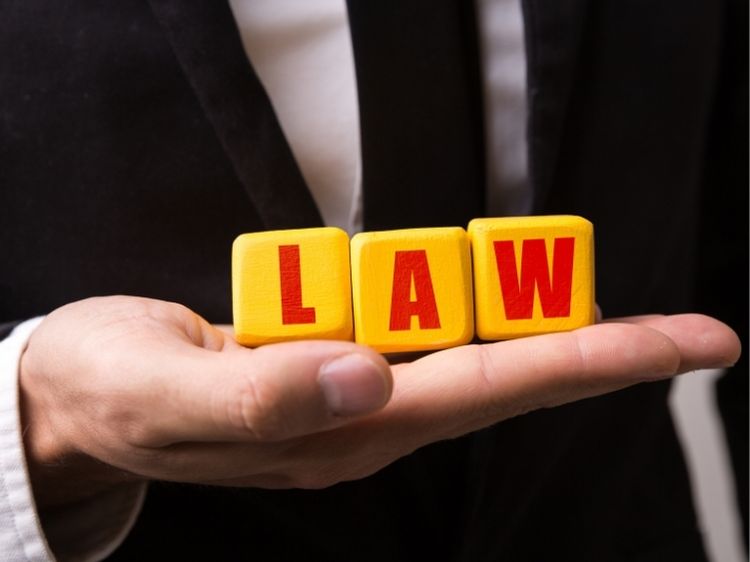Martial law is a phrase that frequently sparks heated debate particularly during times of political instability and national crises. What is the essence of martial law as well as how can it impact the lives of everyday citizens? This article explores the fundamentals of martial law and its historical context and the implications it has on civil liberties, governance as well as the general public.
What Is Martial Law?
Martial law is the temporary enactment of militaristic control of civilian activities and government. It usually occurs during crises like rebellions, war, or natural disasters, when governments of the civil realm are not able to perform its duties effectively. In a martial law situation, the constitutional right can be suspended and military authorities are in charge of the situation, often overriding the legal frameworks in place to restore order and stability.
The most distinctive feature that distinguishes martial law is the unique nature. Contrary to the typical responses of government, martial law changes the power balance from the civil authorities to the military. This can lead to major changes in the way the law is enforced, how justice is handled and the way people interact with ruling body.
Historical Context of Martial Law
The idea that martial law is a concept has been used throughout different eras and countries frequently reflecting the social and political tensions of the day. For instance, in the United States, for example the declaration of martial law occurred at the time of Civil War to address rebellion and ensure public peace. In the same way in the Philippines, the Philippines had martial law under the presidentship of Ferdinand Marcos, a period with significant economic and political turmoil.
In these cases the use of martial law was deemed to be a necessary step to protect the national security. However, the use of martial law frequently raised concerns about the loss of democracy, overreach of power, as well as the violation of rights to human dignity. The history of martial law indicates that although the martial law system may offer temporary relief during crises but it often leaves long-lasting marks on societies, thereby challenging the notions of equality and justice.
The Legal Framework Behind Martial Law
Martial law isn’t an undefined concept. Many nations establish specific legal frameworks for the declaration and application of martial law. They typically establish limitations on the length, duration and powers to ensure misuse. In democratic nations martial law declarations typically require the approval of legislators or the judicial system in order to guarantee accountability.
The ambiguity of the scope of martial law often results in the appearance of a grey zone where freedoms and rights could be restricted. This uncertainty underscores the necessity of vigilance as the unchecked power of military can result in an authoritarian system. This also underscores the crucial significance of a well-informed and involved public in bringing governments to account in such times.
Implications of Martial Law
The introduction of martial law has serious implications for civil liberties as well as legality. The freedom of speech, assembly and movement might be restricted and citizens could be subject to hearings in courts of military, rather than civilian courts. These restrictions are usually justified as being necessary to ensure order, however they can quickly lead to abuses of power.
Businesses could also suffer when under martial law as strict curfews, as well as disruptions to normal life slow productivity. For businesses, uncertainty can be vast, and investors could be reluctant to invest in the markets where the martial law system is currently in force. The social fabric may be damaged, as distrust rising between the military, the government and the citizens.
In the same way the martial law could be a double-edged sword. In the event of severe disorder, the law could be able to restore order and avoid any further chaos. The problem is finding a balance between your need to ensure security against the protection of human rights and democratic principles.
Modern-Day Relevance of Martial Law
In the modern world it is more common to declare martial law, but may be less often, but it is still significant. Technology advancements and global connectivity make it possible for the impact of martial law within one country may be felt across boundaries. Public opinion and media coverage are crucial in determining the way martial law is viewed and implemented.
Additionally the increase in authoritarian regimes as well as populist movements has rekindled questions about the use and misuse of the martial law. There are questions about whether it is utilized to legitimately enhance security, or as a cover to suppress dissent and increase the power.
Conclusion
The concept of martial law can be a complicated and controversial idea, illustrating the delicate equilibrium between liberty and order. While it can be beneficial in times of crisis however, its application must be controlled by transparency, accountability and respect for human rights.
As citizens, knowing the importance of martial law in safeguarding democracy and ensuring power remains under control. Through learning from the past and remaining alert, communities can face the challenges presented by the martial law system and come out more resilient, and more committed to justice.

